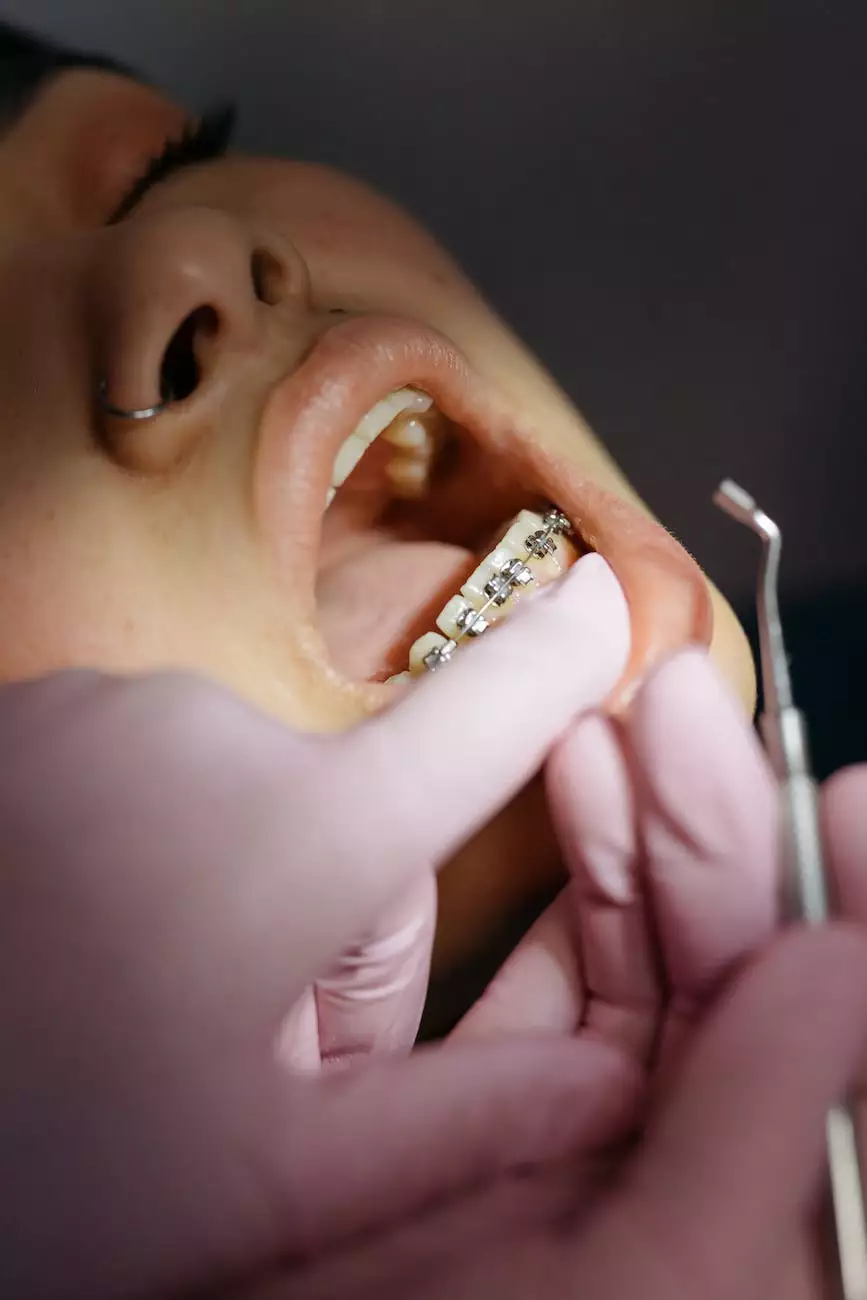Dental Health In Whittier - 16 Facts
Blog
Introduction
Welcome to Hera Z Blazer, DDS - your trusted dental health partner in Whittier. As a leading provider of dental services in the area, we are committed to helping you achieve optimal oral health. In this comprehensive guide, we will answer the 16 most frequently asked questions about dental health in 2022. From oral hygiene tips to common dental issues, we've got you covered!
1. Why is oral hygiene important?
Oral hygiene is crucial for maintaining a healthy smile. Brushing, flossing, and regular dental check-ups help prevent tooth decay, gum disease, and bad breath. By practicing good oral hygiene habits, you can enjoy a confident smile and overall well-being.
2. How often should I visit the dentist?
Regular dental visits are essential for maintaining optimal dental health. For most individuals, visiting the dentist every six months is recommended. These routine check-ups allow your dentist to monitor your oral health, address any concerns, and provide professional cleanings.
3. What are the common signs of gum disease?
Gum disease, also known as periodontal disease, can manifest in various ways. Common signs include red, swollen gums, bleeding gums, persistent bad breath, receding gums, and loose teeth. If you notice any of these symptoms, it's important to seek dental care promptly.
4. Can I whiten my teeth at home?
While there are various at-home teeth whitening products available, it's best to consult with your dentist before starting any whitening treatment. Your dentist can assess your dental health and recommend the most suitable whitening option for you.
5. What should I do if my tooth gets knocked out?
If your tooth gets knocked out, it's crucial to seek immediate dental attention. Rinse the tooth gently with water, taking care not to remove any attached tissues. If possible, try to place the tooth back in its socket and hold it in place while heading to the dentist. Time is of the essence in saving a knocked-out tooth.
6. What are dental implants?
Dental implants are a popular and effective solution for replacing missing teeth. They consist of artificial tooth roots that are surgically placed into the jawbone, providing a strong foundation for fixed or removable replacement teeth. Dental implants can greatly improve both function and aesthetics.
7. How can I prevent cavities?
Preventing cavities starts with a good oral hygiene routine. Brush your teeth at least twice a day with fluoride toothpaste, floss daily, and limit your consumption of sugary foods and drinks. Regular dental check-ups and professional cleanings are also important for cavity prevention.
8. Are dental X-rays safe?
Yes, dental X-rays are considered safe. The amount of radiation exposure during a dental X-ray is minimal, and modern technology has further reduced the radiation levels. Your dentist will take necessary precautions, such as using lead aprons, to ensure your safety during X-ray procedures.
9. How can I alleviate tooth sensitivity?
Tooth sensitivity can be caused by various factors, such as exposed tooth roots or tooth decay. Using toothpaste specifically designed for sensitive teeth and avoiding acidic foods can help alleviate sensitivity. However, it's essential to consult your dentist for proper diagnosis and personalized recommendations.
10. What is the connection between oral health and overall health?
Oral health is closely linked to overall health. Poor oral health has been associated with various systemic conditions, including cardiovascular disease, diabetes, and respiratory infections. Taking care of your oral health can contribute to better overall well-being.
11. How can I address bad breath?
Bad breath, also known as halitosis, can be caused by poor oral hygiene, certain foods, or underlying dental issues. Regular brushing, flossing, and tongue scraping can help combat bad breath. If the problem persists, it's advisable to visit your dentist for a thorough evaluation.
12. What are the benefits of orthodontic treatment?
Orthodontic treatment can provide numerous benefits beyond a straighter smile. It can improve bite alignment, correct jaw discrepancies, and enhance overall oral function. Additionally, properly aligned teeth are easier to clean, reducing the risk of dental problems in the long run.
13. How can I manage dental anxiety?
Dental anxiety is common and can prevent individuals from seeking necessary dental care. Openly discussing your concerns with your dentist can help alleviate anxiety. Dental practices also offer techniques such as sedation dentistry to help anxious patients feel more relaxed during treatment.
14. What is the role of nutrition in dental health?
Nutrition plays a crucial role in maintaining dental health. A balanced diet rich in vitamins and minerals, especially calcium and vitamin D, is essential for strong teeth and gums. Avoiding excessive sugary and acidic foods can also help prevent tooth decay.
15. What should I do in a dental emergency?
In a dental emergency, prompt action is vital. If you experience severe tooth pain, dental trauma, or any other urgent dental issue, contact your dentist immediately. They will provide guidance over the phone and schedule an emergency appointment if necessary.
16. How can I choose the right dentist?
Choosing the right dentist is crucial for your dental health journey. Consider factors such as experience, qualifications, patient reviews, and the range of services offered. It's also beneficial to schedule a consultation or initial visit to assess the dental practice and meet the dentist.
Conclusion
In conclusion, prioritizing dental health is essential for a beautiful and healthy smile. Hera Z Blazer, DDS is dedicated to providing comprehensive dental services in Whittier. We hope that this guide has addressed your most pressing questions about dental health in 2022. For personalized advice and quality dental care, schedule an appointment with our experienced team today!




